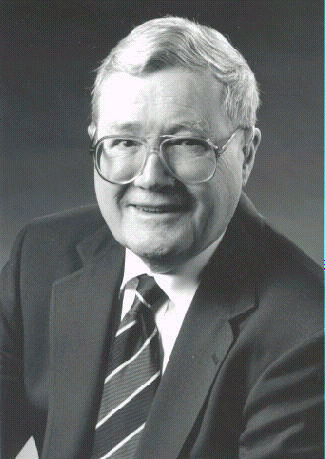Rent-seeking explained: Removing barriers to entry in the taxi market

The taxi market is undoubtedly one of the best examples of something economists like to call rent-seeking . What does this phenomenon stand for and why do economists (particularly political economists) devote a lot of attention to it? The classical definition was given by Gordon Tullock back in his 1967 seminal paper "The welfare cost of tariffs, monopolies and theft" , even though the phrase itself was coined by Anne Krueger in 1974 . Rent-seeking is a process of gaining private benefits through the political process (by lobbying or logrolling for example). It implies gaining protection for a certain privileged group, which in return promises political support, large campaign contributions, or even bribes. This protection varies from giving a monopoly status to a certain company, regulating market entry than hampers competition (such as introducing licences to specific occupations), imposing tariffs to import goods to protect the domestic indus...
